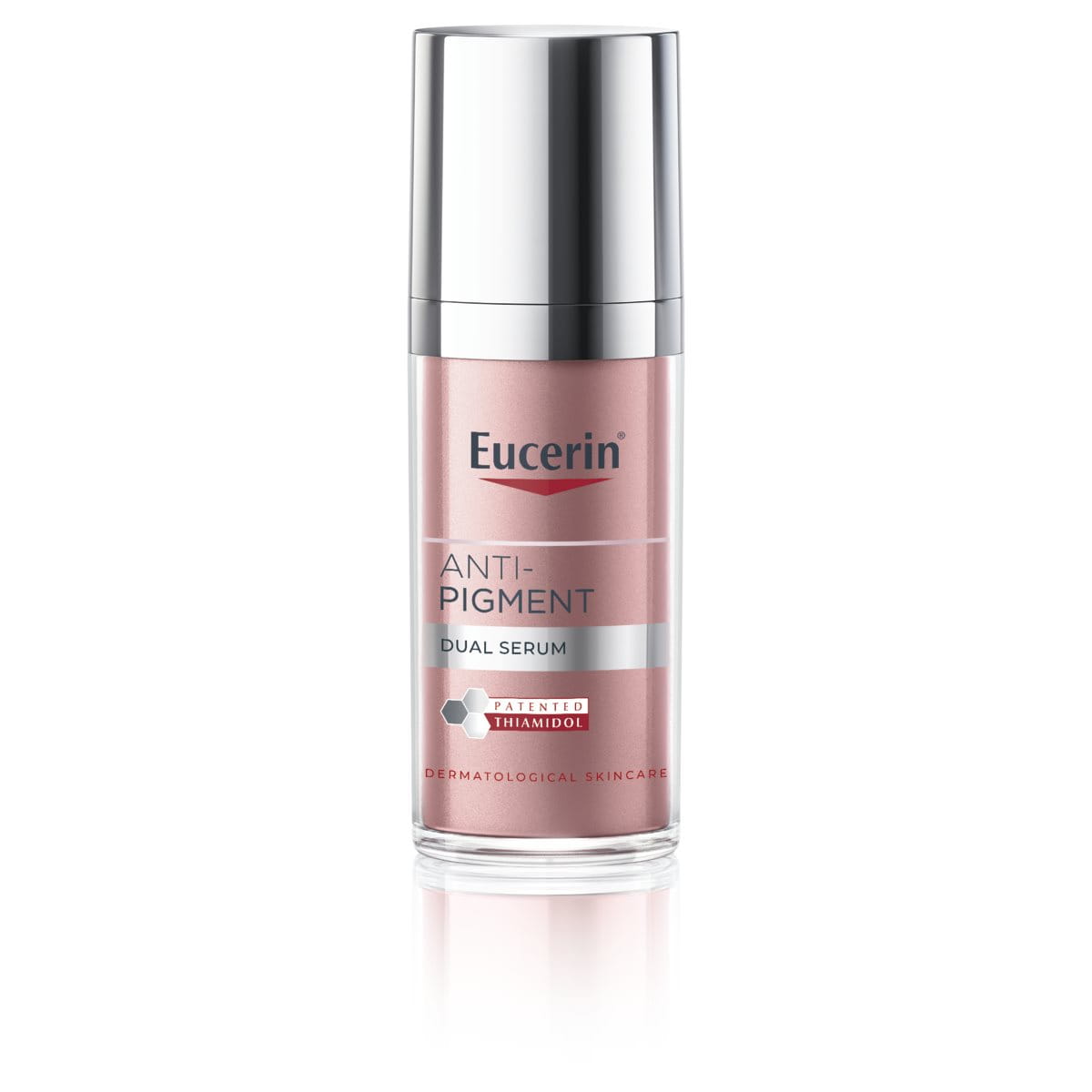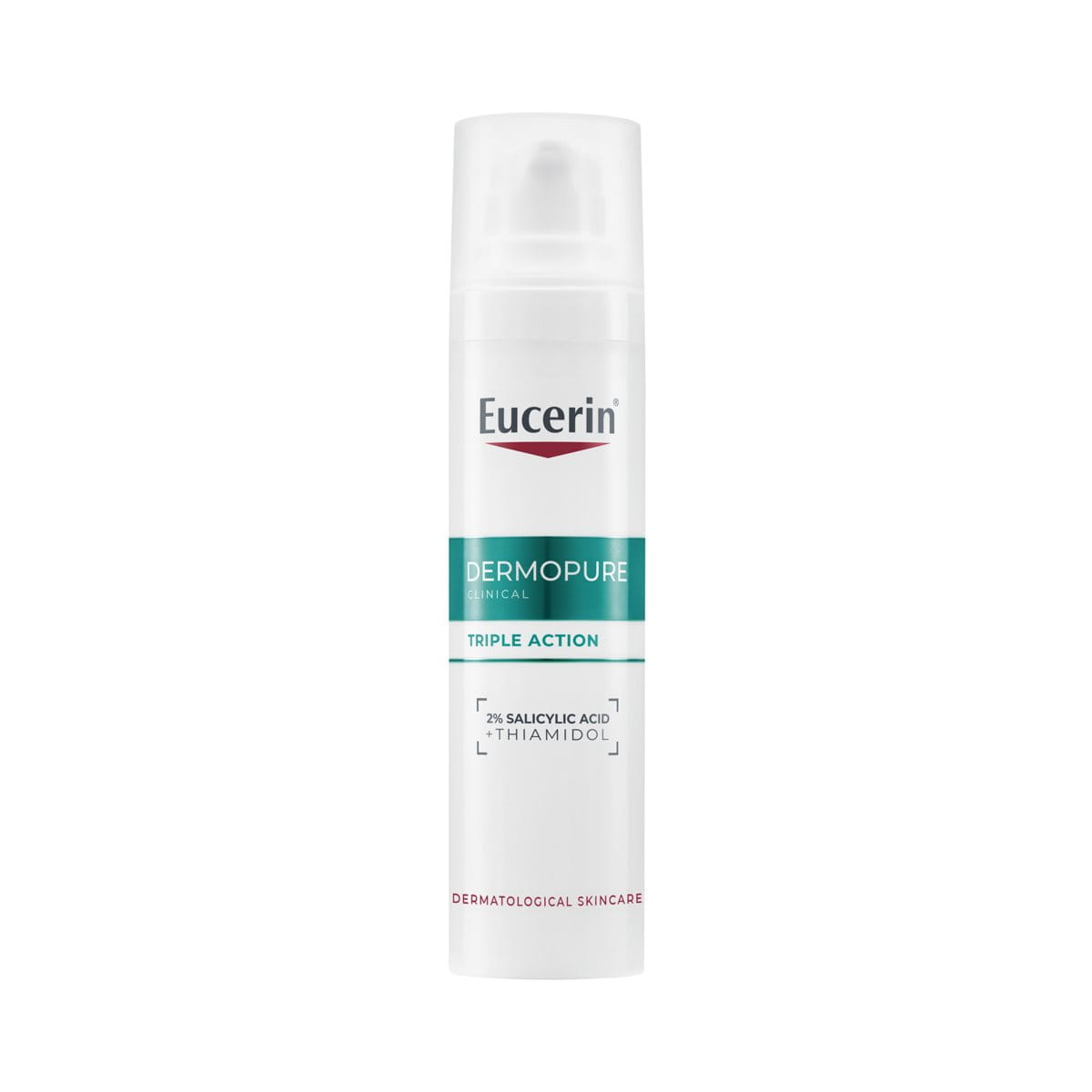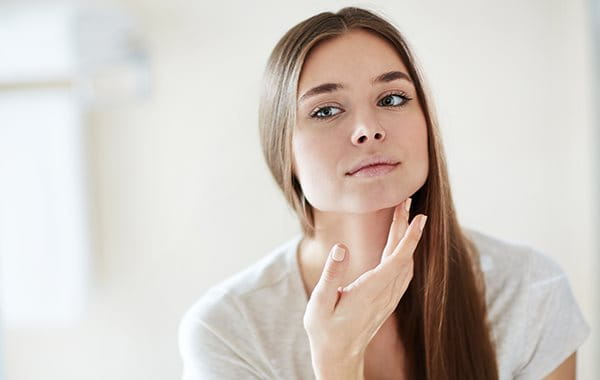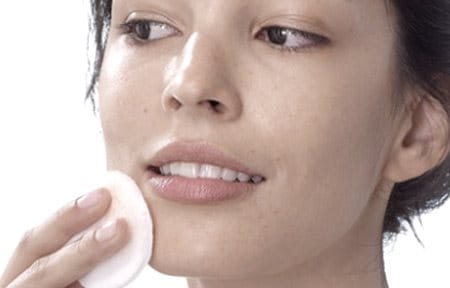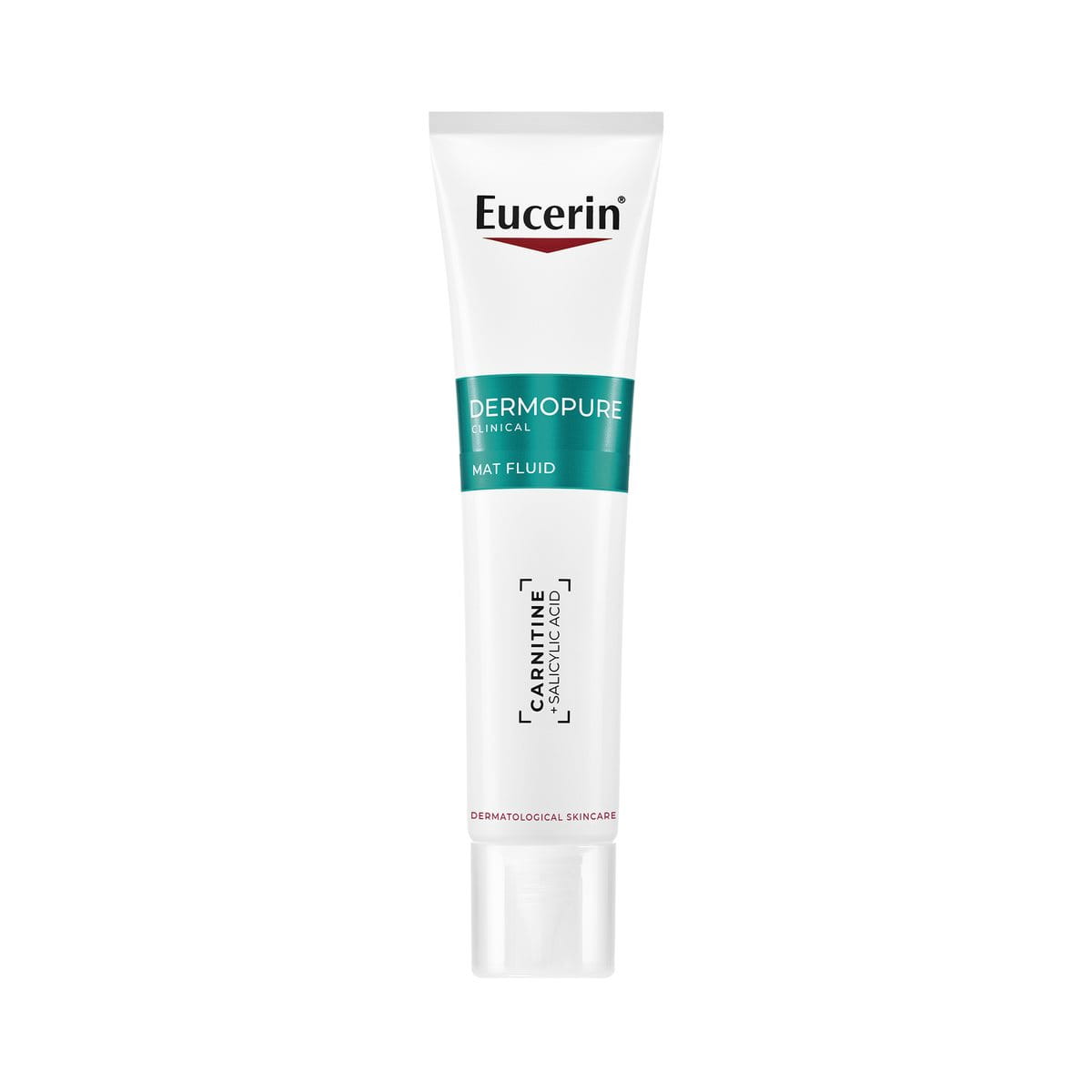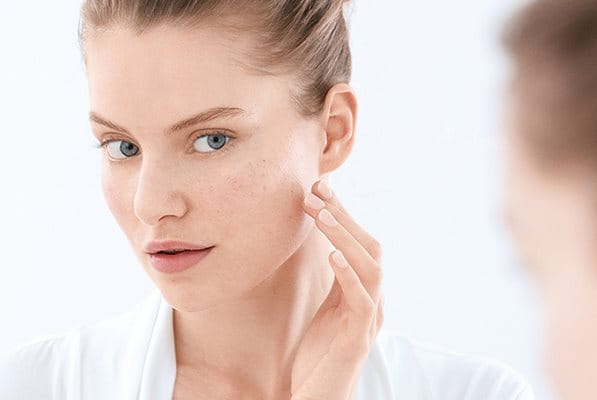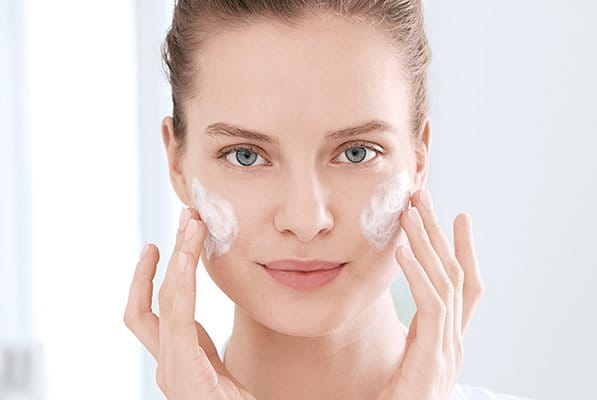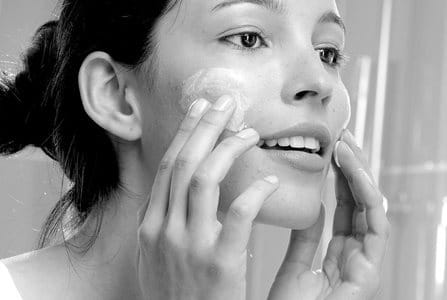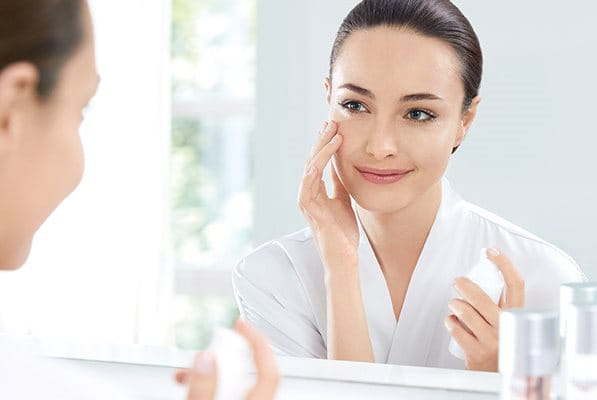Published: October 2018
Last Reviewed: May 2025
There is a wide range of acne medication options available, from topical treatments for mild symptoms to drugs of varying strengths for more severe cases. The right medicine, when used according to prescription, can help reduce blemishes and decrease the risk of permanent damage to skin.
This article outlines the most common acne medications, including their potential side effects, and explains what you can do to help alleviate them. It also briefly covers approaches for mild acne that may not require medication, so you can support your skin in a holistic way.
